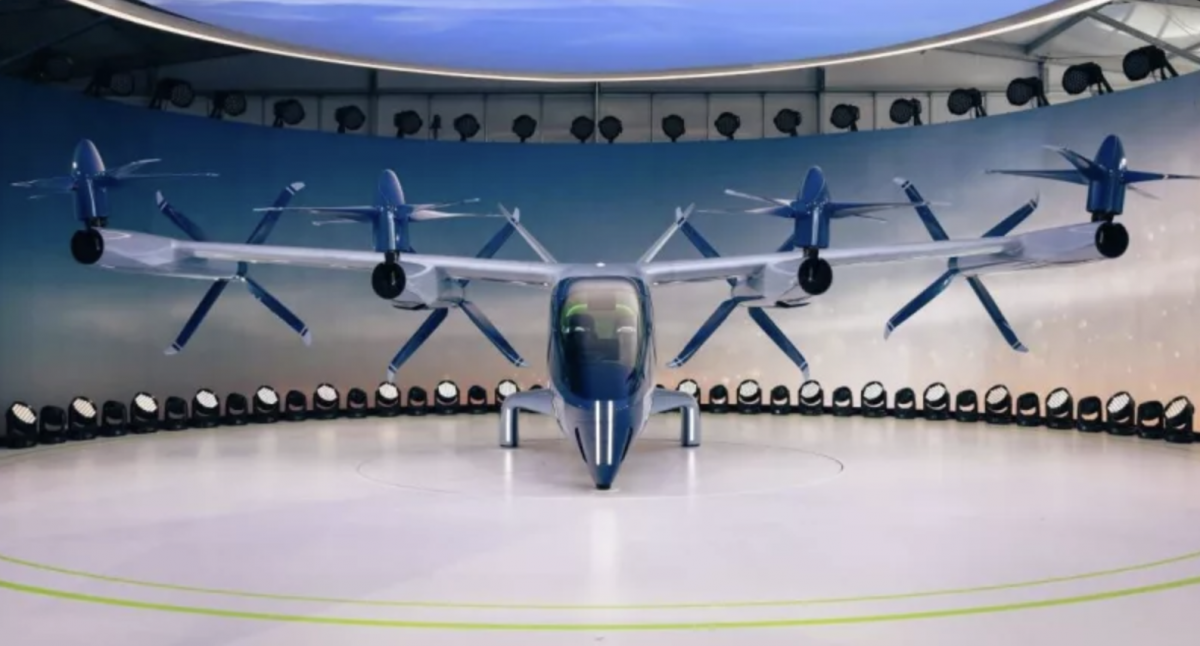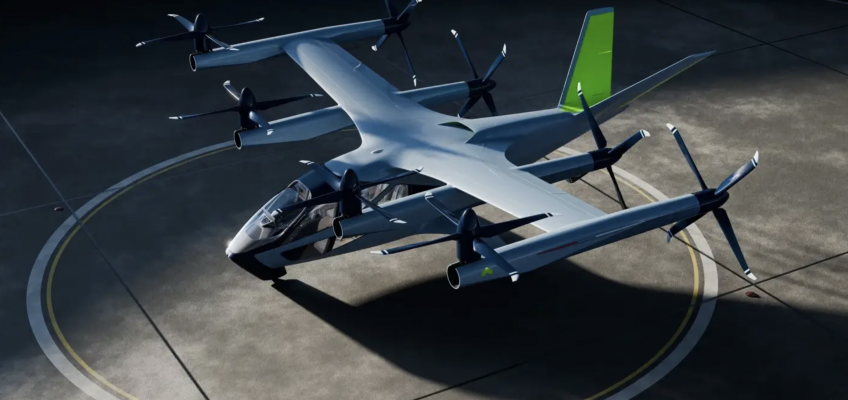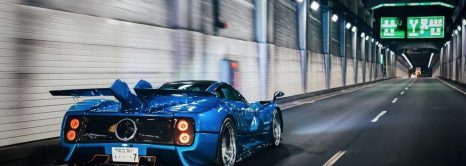Humanity’s fascination with flying cars has transcended the realms of science fiction, evolving into real-world concepts throughout the 20th and 21st centuries. While the dream of a commercially viable ‘flying car’ is yet to be realized, automakers persist in pushing the boundaries of this concept. Hyundai, a major player in the automotive industry, has ventured into the electric vertical takeoff and landing (eVTOL) arena.
A significant stride was made at CES 2024 when Hyundai unveiled Supernal’s latest eVTOL prototype, the S-A2, marking a progression from its predecessor, the S-A1, introduced in 2020. Despite challenges faced by the air taxi industry, including the sale of Uber’s air taxi network and struggles in commercial services, Hyundai remains steadfast in its commitment. Supernal, Hyundai’s eVTOL division, positions the S-A2 as a “product concept” slated for production by 2028.
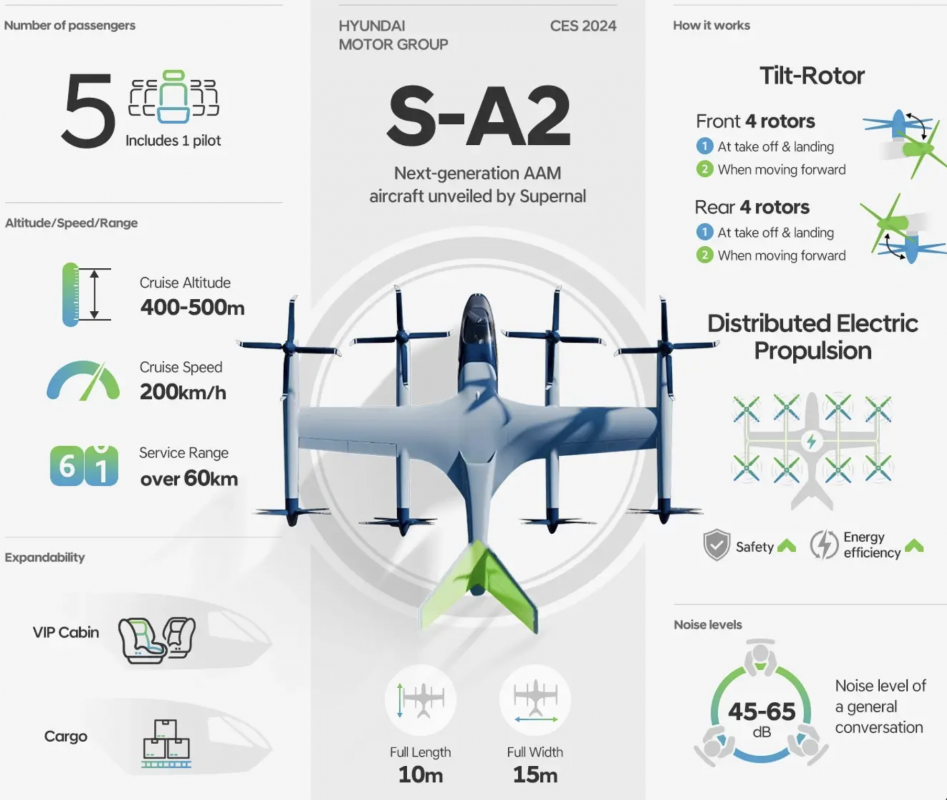
The S-A2 boasts impressive specifications tailored for urban air mobility, featuring a cruise speed of 120 mph and an altitude capability of 1,500 feet. With a focus on short-distance trips of 25 to 40 miles, catering to routes between downtown areas and airports, the electric aircraft targets the needs of affluent business travelers.
Designed to minimize noise pollution, a common concern with traditional helicopters, Supernal claims the S-A2 will operate as quietly as a dishwasher, emitting 65 decibels during vertical takeoff and landing, reducing to 45 decibels during horizontal cruising. This is a significant improvement compared to the 96 to 107 decibels generated by helicopters.
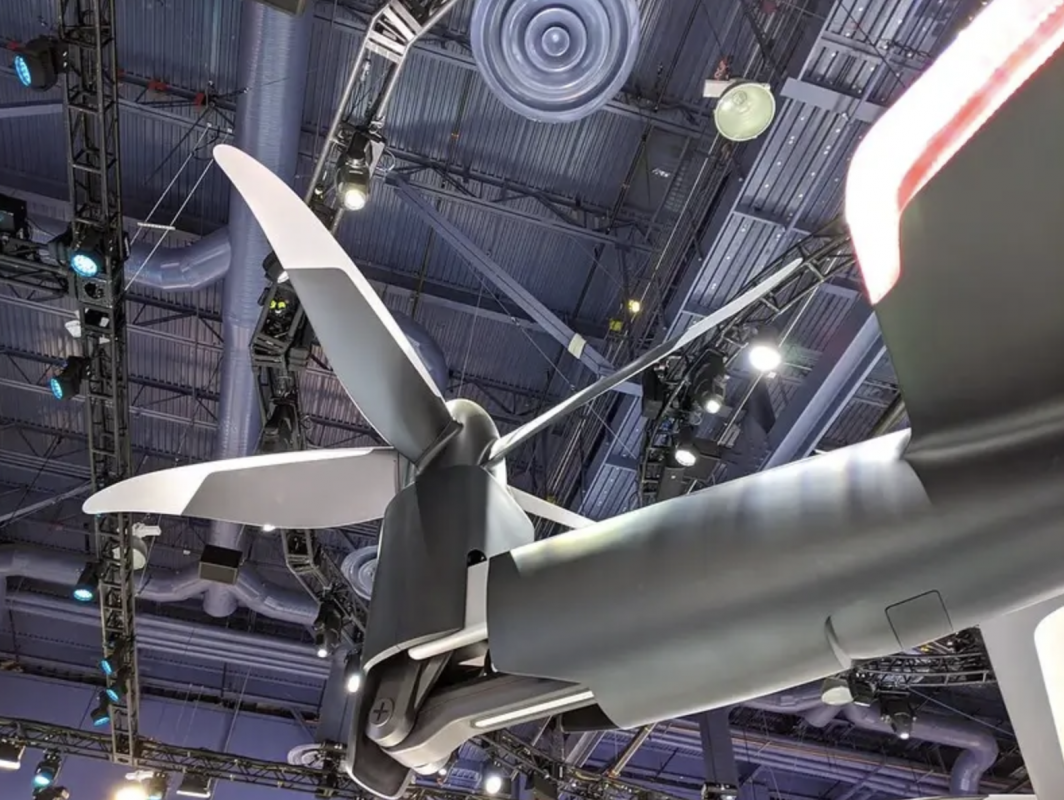
The innovative design includes eight tilt rotors and an egg-shaped cabin, resembling prototypes from other industry players. Hyundai’s design chief, Luc Donckerwolke, describes the S-A2 as “auto meets aero,” emphasizing the commitment to revolutionizing air mobility.
The cabin’s modular interior incorporates elements of biomimicry inspired by insects, specifically bees. Supernal strategically leverages Hyundai’s manufacturing capabilities and mass production expertise to gain advantages in developing and producing eVTOL aircraft. However, regulatory hurdles pose a challenge, requiring Supernal to navigate the lengthy certification process.
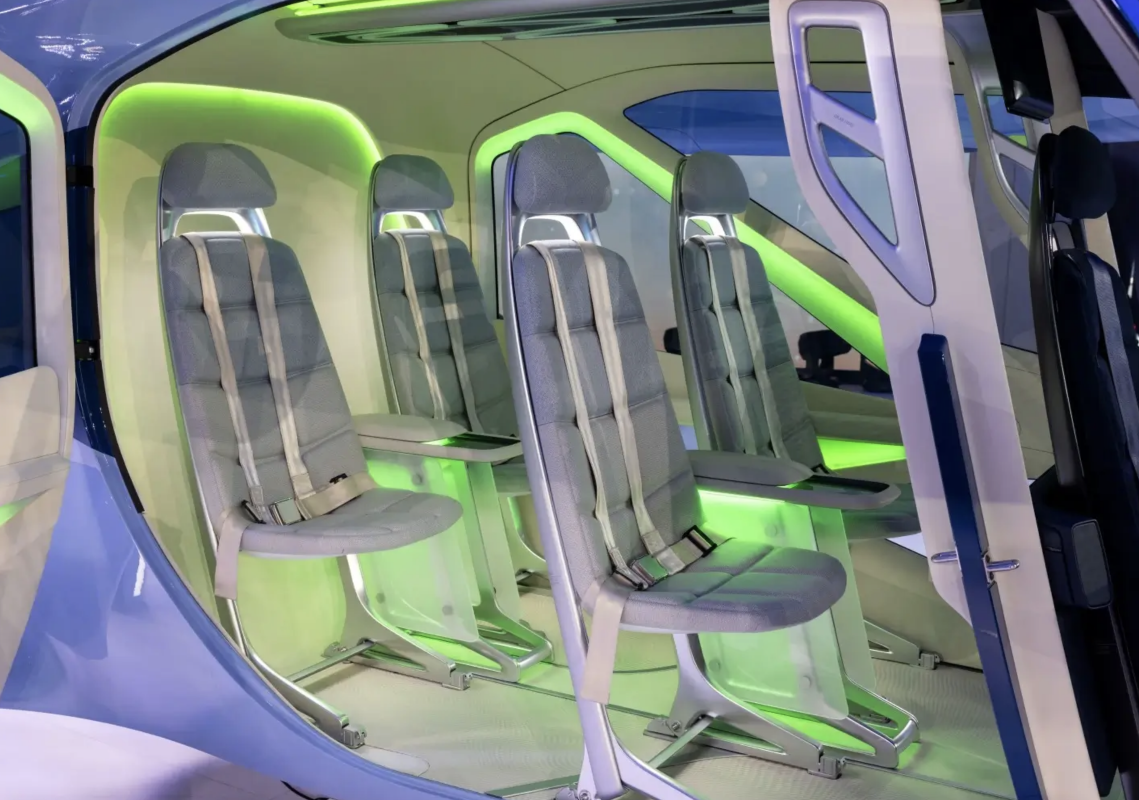
Under Federal Aviation Administration (FAA) rules, three types of certification—type, production, and air carrier—are essential before launching commercial air taxi services in the U.S. Supernal places a significant focus on battery technology, particularly the ability to upgrade to lighter cells, addressing the power-to-weight ratio challenges inherent in electric flight.
Supernal’s roadmap includes testing its technology demonstrator vehicles in California throughout 2024, followed by FAA submissions and proposals in subsequent years. Despite the competitive landscape and evolving regulatory environment, Supernal expresses confidence in delivering a “new era of flight,” with full commercial operation anticipated by 2028.